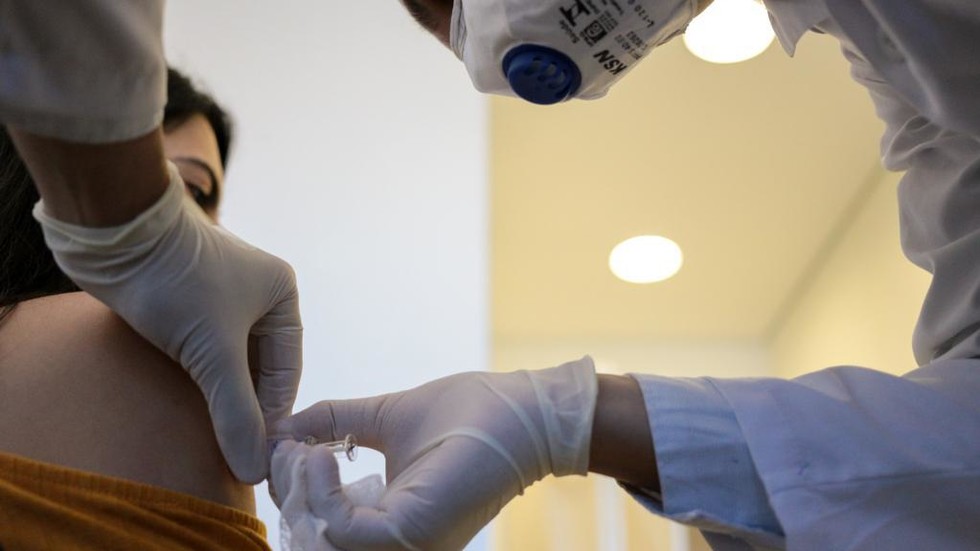
A senior executive for pharmaceutical giant AstraZeneca has confirmed that his company cannot face legal action for any potential side effects caused by its Covid vaccine. Those affected will have no legal recourse.
by Peter Andrews
AstraZeneca is one of 25 pharmaceutical companies worldwide already testing their Covid vaccines on humans, in preparation for injecting hundreds of millions of people. These are flush times for Britain’s largest pharmaceutical company, worth something in the order of £70 million. They have just reported bumper profits of $12.6 billion in the last six months alone.
But despite its healthy balance sheet, AstraZeneca is unwilling to be held responsible for any potential side effects of its ‘hopeful’ vaccine candidate. In other words, the company is completely protected, or indemnified, against lawsuits from people who are injected with their vaccine and experience negative effects, regardless of how severe or long-lasting they are.
The firm’s lawyers have demanded that clauses to that effect be put in their contracts with the countries AstraZeneca has agreed to supply with its Covid vaccine. The company says that, without such guarantees of indemnity, they would not be incentivised to produce the drug. And it seems most of the countries have ceded to this demand.
Done in the national interest?
Ruud Dobber, a senior AstraZeneca executive, told Reuters “In the contracts we have in place, we are asking for indemnification. For most countries it is acceptable to take that risk on their shoulders because it is in their national interest’’. For “national interest,” read “government interest.” Whether what is happening is good for the actual people of vaccinated countries is, to put it very mildly, an open question.
Dobber refused to name the countries which have placed orders for the firm’s vaccine, although many major western democracies are likely to be on the list. The UK government has been on a vaccine spending spree, buying 250 million doses from various Big Pharma outfits. America, meanwhile, is way ahead of the curve here – they have a special legal framework in which no pharmaceutical companies face lawsuits for side effects of vaccines in case of ‘public health emergencies’. This legislation, known as the PREP Act, was the product of a massive lobbying effort from the US pharmaceutical industry, and was introduced despite vigorous opposition from consumer groups. Unless the vaccine maker intentionally murders or injures you – willful misconduct – you cannot sue them.
As senior EU officials told Reuters this week, they are locking horns with the vaccine manufacturers over price, payment timelines and, above all, liability. That no one wants to be stuck with liability is hardly surprising. Pump a population full of an experimental vaccine to ‘immunise’ them against a disease that is harmless to most people, and then be held accountable for the consequences? I don’t think so. Big Pharma executives do not earn the seven-figure salaries they do for falling into traps like that.
Dobber also added: “This is a unique situation where we as a company simply cannot take the risk if in … four years the vaccine is showing side effects.” Oh… okay then. So who does take on the responsibility then? The WHO? Pull the other one. Politicians? Don’t make me laugh. No one? Gotcha.
Who pays?
Because there is a virtual guarantee that in a major vaccination programme some people will be harmed or even killed by the vaccine, some countries have set up special public funds to pay compensation to those affected. The WHO supports this model of taxpayer-funded damages for vaccine claimants.
The US has such a fund, as do many European countries including the UK, Germany, Sweden and Italy. It might be worth looking up the relevant system in your own country if you are worried about taking the vaccine. One thing is certain though: when it comes to Covid-19, private capital have decided that they want nothing to do with the long-term consequences of their vaccinations.
Peter Andrews, Irish science journalist and writer based in London. He has a background in the life sciences, and graduated from the University of Glasgow with a degree in genetics.

